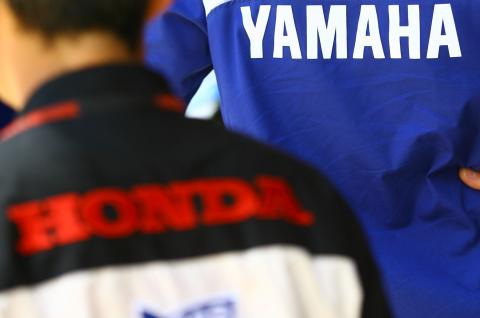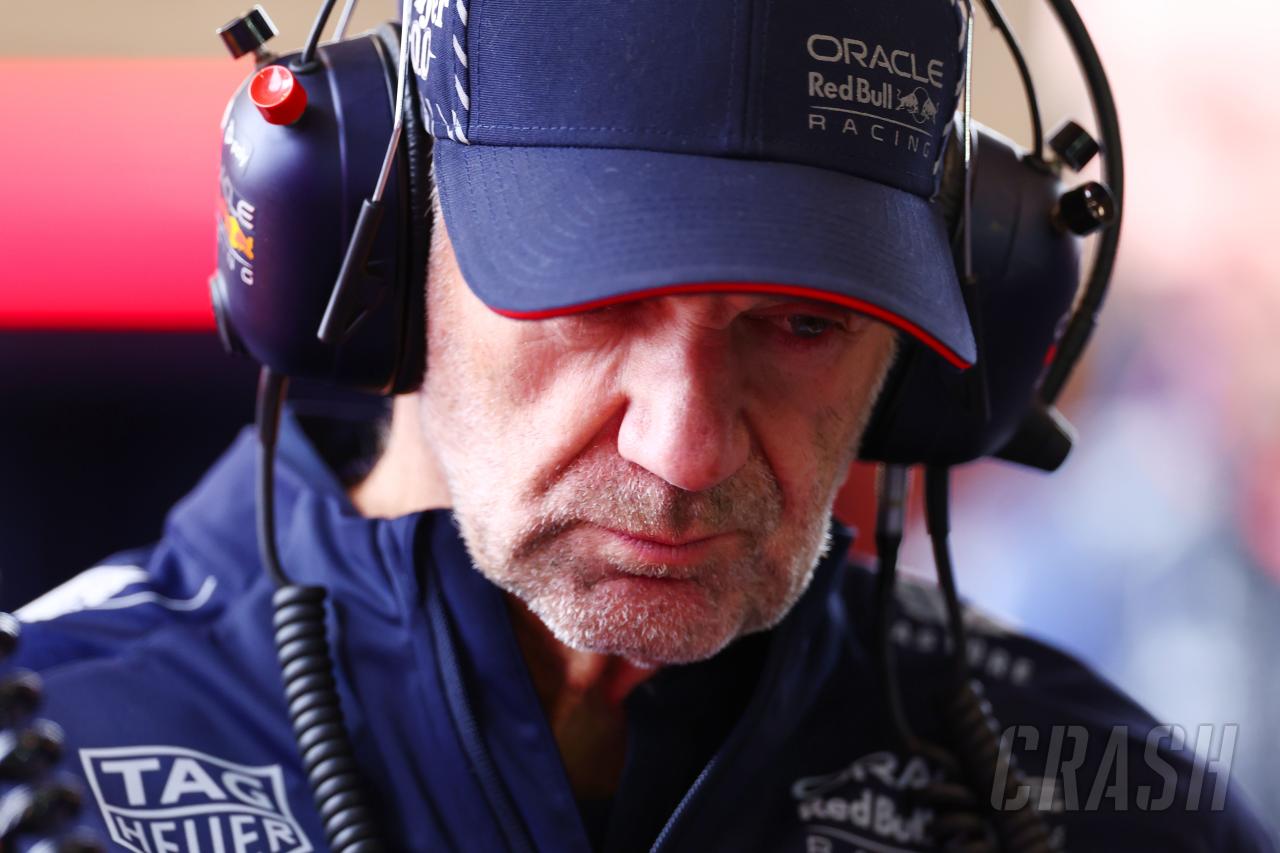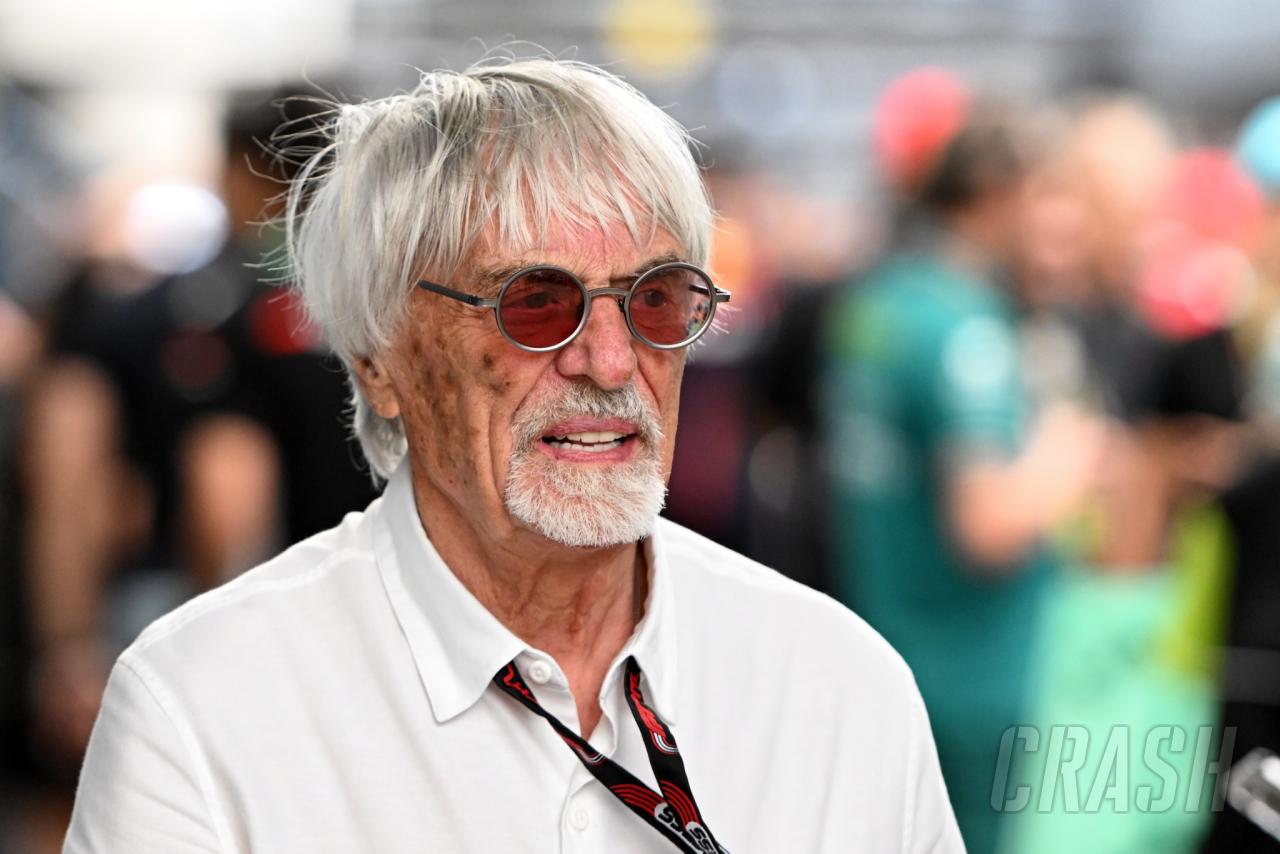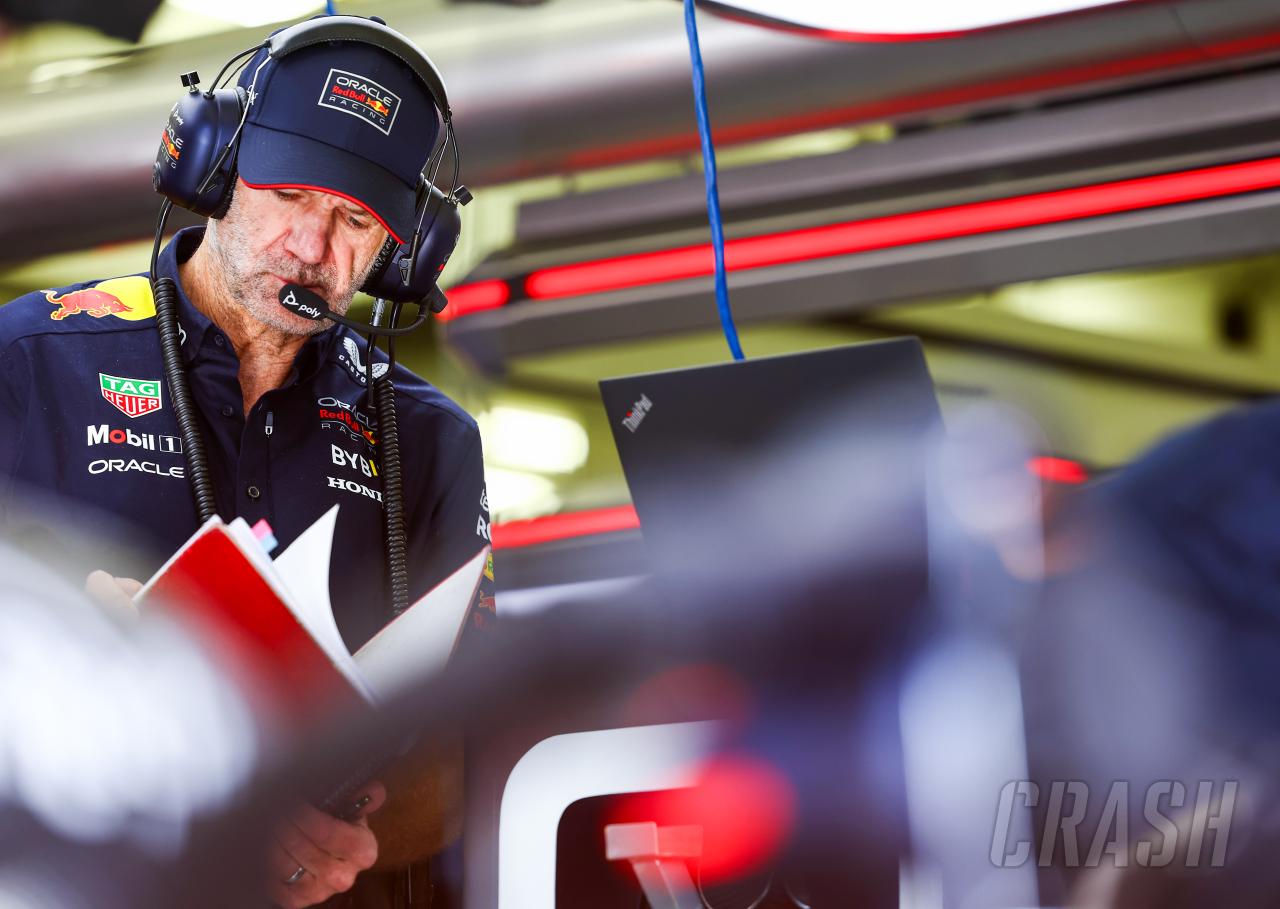
Honda, Yamaha, Kawasaki, Suzuki to collaborate on small Hydrogen engines
Watch Live Race and all sessions
Watch Replay Race and all sessions
2023 MotoGP Race Calendar,Race Results and Replays
2023 MotoGP Standings
While many are betting on electric power as the future of mobility, others have expressed serious doubts. That is particularly the case for motorcycles, due to the heavy weight and limited range of current battery technology.The new group warns that: “To realize a decarbonized society, a multi-pathway strategy to address various issues in the mobility sector is necessary, rather than focusing on a single energy source.“Against this backdrop, research and development targeted at commercialization of mobility with engines powered by hydrogen – deemed a next-generation energy source – is gaining momentum. “The technical challenges in using hydrogen, to be addressed by the new HySE group, includes “fast flame speed and a large region of ignition, which often result in unstable combustion” plus “the limited fuel tank capacity in case of use in small mobility vehicles”.KTM’s Pit Better: Batteries not the ‘near future’ of motorcycles, against hybrid engines in MotoGPTriumph: Electric power? ‘Let’s not kid ourselves…’Bagnaia-Vinales Clash: Racing Incident? Le Mans Review | MotoGP Podcast Episode 89Video of Bagnaia-Vinales Clash: Racing Incident? Le Mans Review | MotoGP Podcast Episode 89The main research and development areas, and role of each company in the group, will be as follows:1. Research on hydrogen-powered enginesResearch on the model-based development of hydrogen-powered engines (Honda)Element study on functionality, performance, and reliability of the hydrogen-powered engines (Suzuki)Related Keith Huewen on Bagnaia, Vinales clash: “Hard not to lash out” Augusto Fernandez: “I’m here to win!”Hands-on research using real hydrogen-powered engines on their functionality, performance, and reliability (Yamaha, Kawasaki)2. Study on hydrogen refueling systemStudying the requirements for a hydrogen refueling system and hydrogen tanks for small mobility (Yamaha)3. Study on fuel supply systemStudying the auxiliary equipment required for a fuel supply system and tanks, and the equipment installed between the fuel tank and the injector (Kawasaki)“We are extremely pleased to announce the planned formation of the association,” said Kenji Komatsu, Chairman nominee of HySE and Executive Officer of Technical Research & Development Center, Yamaha Motor Co. Ltd.“There are many challenges in the development of hydrogen-powered engines, but we hope to see the association’s activities advance the fundamental research in order to meet those challenges.“We are committed to this endeavor with a sense of mission to preserve the use of internal combustion engines, which epitomize the long-time efforts that our predecessors have invested.”In addition to the four motorcycle manufacturers, Kawasaki Heavy Industries and Toyota Motor Corporation will support the association as special members:“Kawasaki Heavy Industries, being one of the main organizers of the ‘CO2-free Hydrogen Energy Supply-chain Technology Research Association’, will drive forward HySE’s activities, based on the knowledge gained from its activities for HySTRA.“Toyota, on the other hand, will assume the role of leveraging HySE’s research results to the maximum benefit for the development of hydrogen-powered engines, utilizing its know-how on experiments, analyses, and the designing of large hydrogen-fueled power units for four-wheel vehicles.”While Honda and Yamaha continue to compete in MotoGP, Suzuki suddenly pulled out at the end of last year “to re-allocate resources on other initiatives for sustainability”. Kawasaki withdrew from MotoGP in 2009 and switched its motorsport focus to WorldSBK, where Honda, Yamaha and Ducati also maintain factory involvement.”4The five remaining MotoGP manufacturers – Honda, Yamaha, Ducati, Aprilia and KTM – are currently discussing the future technical rules from 2027 onwards.It is already agreed that the premier class will use 100% non-fossil fuel from 2027 (rising from 40% in 2024). Ride-height devices could also be banned and aerodynamics tightened, but engine rules look likely to remain largely unchanged for the next five-year contract cycle.Ducati now supplies machinery for the MotoE (electric) World Championship, which takes place at some of the grand prix weekends.
For motorsport news follow TRmotosports on social media.


